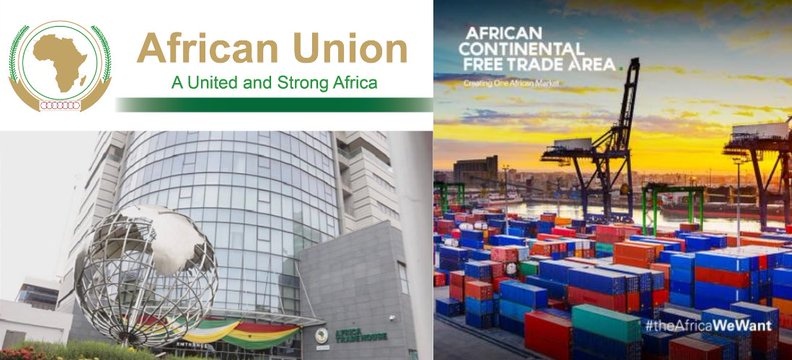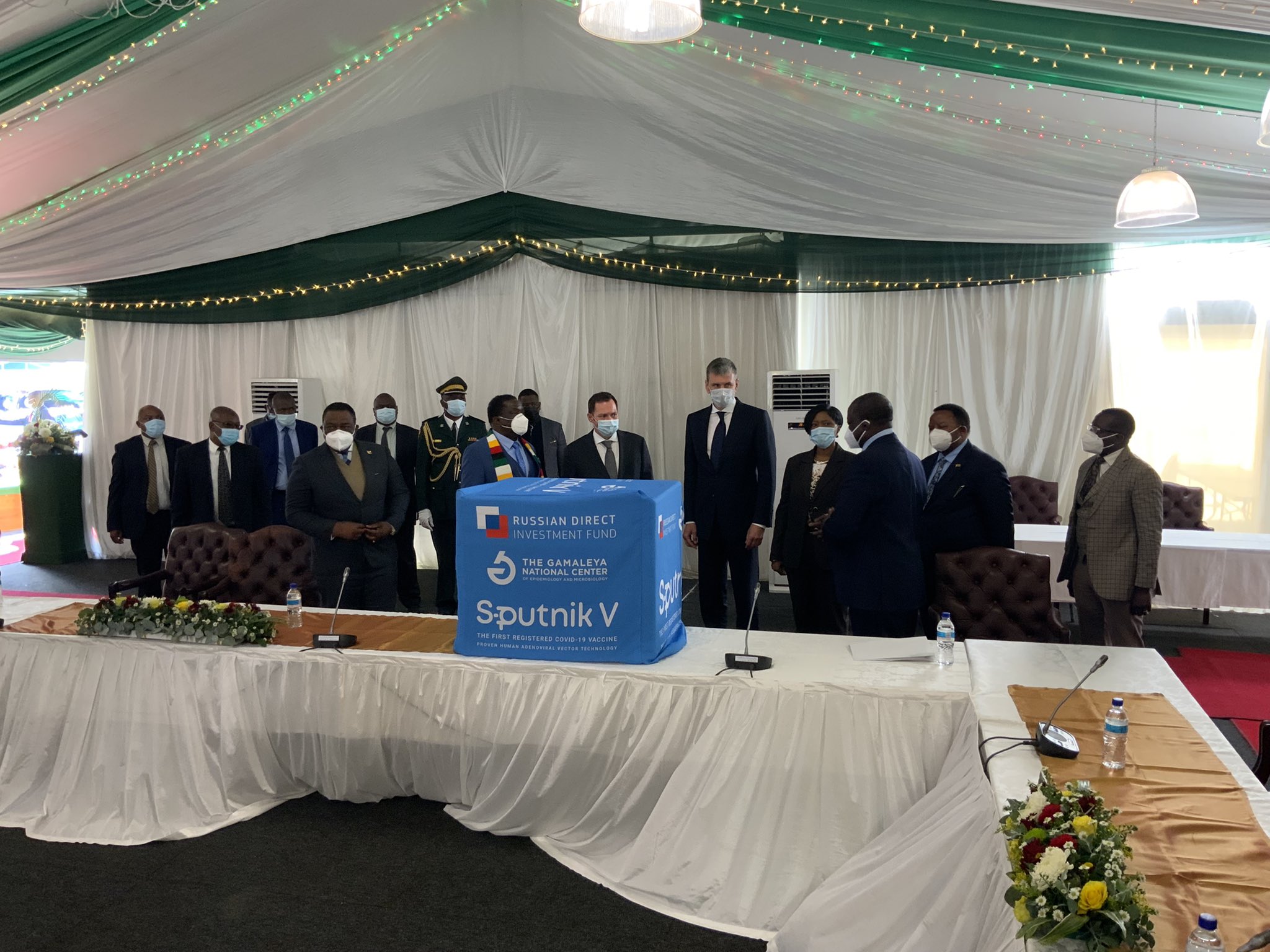Zim govt preparing industry for AfCFTA trade “wars”
Share

Harare (New Ziana) – The Zimbabwe government is doing its best to prepare local manufacturing companies to compete for markets with other firms on the continent as gradual implementation of the African Continental Free Trade Area (AfCFTA) begins, a top official said on Thursday.
Trading under the AfCFTA, whose ultimate goal is to promote integration through gradual elimination of tariffs that hinder intra-Africa trade, commenced on January 1, 2021.
At least 54 of 55 African Union member states had signed the agreement and 37 had ratified it as at the end of May this year, creating a market of over 1.3 billion people, with a combined Gross Domestic Product of US$3.4 trillion.
The United Nations Economic Commission for Africa estimates that the AfCFTA has potential to boost intra-Africa trade by 53 percent by eliminating import duties and non-tariff barriers.
Zimbabwe ratified the agreement in May 2019.
Deputy Foreign Affairs and International Trade Minister David Musabayana told business leaders at a private sector training workshop on the AfCFTA that the agreement presented huge opportunities for local companies to flourish when prepared, but also threats when not prepared.
“While there is need to boost local industry so that the country can benefit from the agreement, government has been working to create a conducive environment for business to take advantage of the AfCFTA and other trade agreements that the country is party to,” he said.
“As the AfCFTA evolves, the easing of trade restrictions will make it easy for local companies to export and access more raw materials for products that meet the agreed rules of origin.”
The Zimbabwe National Chamber of Commerce (ZNCC), in conjunction with the United Nations Development Programme (UNDP) are conducting training for the private sector on the AfCFTA from June 10 to July 1.
Musabayana said the agreement provided access to export and import markets at reduced preferential duties.
“Companies exploiting the AfCFTA market should no doubt enjoy huge benefits from economies of scale,” he said.
He urged local companies not to worry about potential disputes as the agreement contained provisions concerning dispute settlement and trade remedies among others.
ZNCC president Dr Tinashe Manzungu said there was a knowledge gap on what the AfCFTA entailed for local businesses.
“ZNCC has noticed a gap where most organisations are not alive to the implications of this agreement on their performance, hence the desire to train them on the contents of the agreement,” he said.
Zimbabwe has exported goods worth an average US$4 billion against imports of around US$6 billion in the past decade, but the government has in the past two years managed to cut the import bill by around US$2 billion, with the country now recording trade surpluses.
Dr Manzugu said it was imperative that Zimbabwe value added its product as its exports were mainly primary goods.
“The domination of primary exports tells a story state of affairs. The agenda remains to move up the value chain and be involved in value addition,” he said.
“We are committed to win the war on trade, indeed it is a war because there will be winners and losers on the way.”
UNDP deputy representative Madelena Monoja said the AfCFTA held a “great potential” for Zimbabwe to accelerate implementation and achievement of its economic development strategies.
“UNDP plans to work with national partners to promote the AfCFTA as a development enabler and accelerator that can move the continent beyond Covid-19 recovery towards realisation of the SDGs and Zimbabwe’s SDG goals and targets,” she said.
“Beyond enhancing intra-Africa trade through trade liberalisation, the AfCFTA is a veritable tool in defining and rebalancing Africa’s role in multilateral trading system.”
ZNCC chief executive Chris Mugaga said the coming into existence of the trade agreement meant “the days of protectionist policies were over.”
New Ziana







